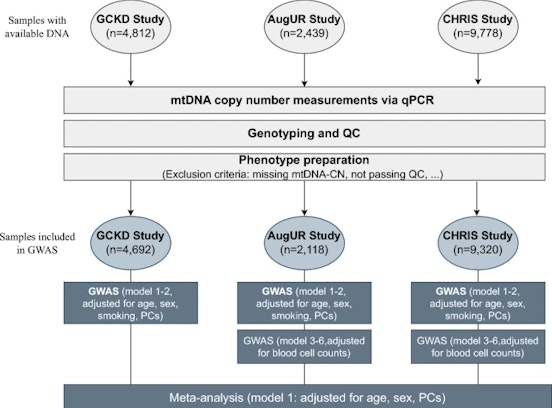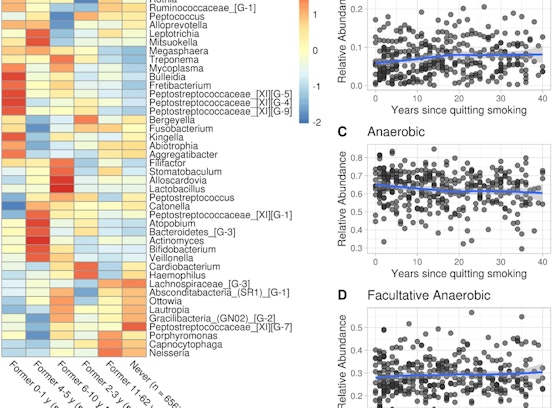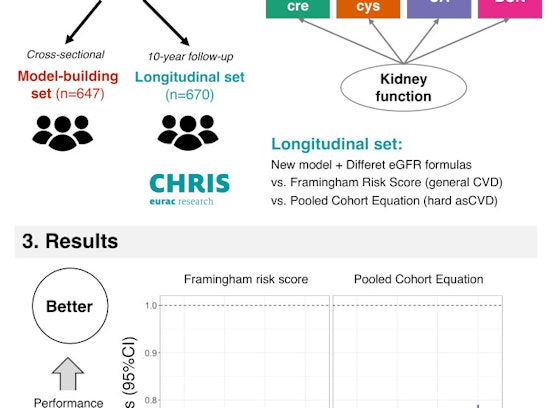Institute for Biomedicine - News & Events - Identification of genes associated with kidney function and disease
Identification of genes associated with kidney function and disease
Global characterization of multiple kidney phenotypes through imputation-powered whole-exome analysis.
- English
Genome-wide association studies have discovered hundreds of associations between common genotypes and kidney function but cannot comprehensively investigate rare coding variants. We applied a genotype imputation approach to whole exome sequencing data from the UK Biobank to increase sample size from 166,891 to 408,511.
We detected 158 rare variants and 105 genes significantly associated with one or more of five kidney function traits, including genes not previously linked to kidney disease in humans.
The imputation-powered findings derive support from clinical record-based kidney disease information, such as for a previously unreported splice allele in PKD2, and from functional studies of a previously unreported frameshift allele in CLDN10. This cost-efficient approach boosts statistical power to detect and characterize both known and novel disease susceptibility variants and genes, can be generalized to larger future studies, and generates a comprehensive resource to direct experimental and clinical studies of kidney disease.
Read the full article here:https://www.nature.com/articles/s41467-023-36864-8#Sec15
Our researchers and authors:
Christian Fuchsberger
Research Group Leader
Designed and supervised the study; contributed to the writing and proof reading of the paper. Corresponding author.
Cristian Pattaro
Research Group Leader
Contributed to the writing and proof reading of the paper.
Eva König
Researcher
Performed and validated the imputation; contributed to the writing and proof reading of the paper.
Martin Lang
Senior Researcher
Contributed to the writing and proof reading of the paper.




